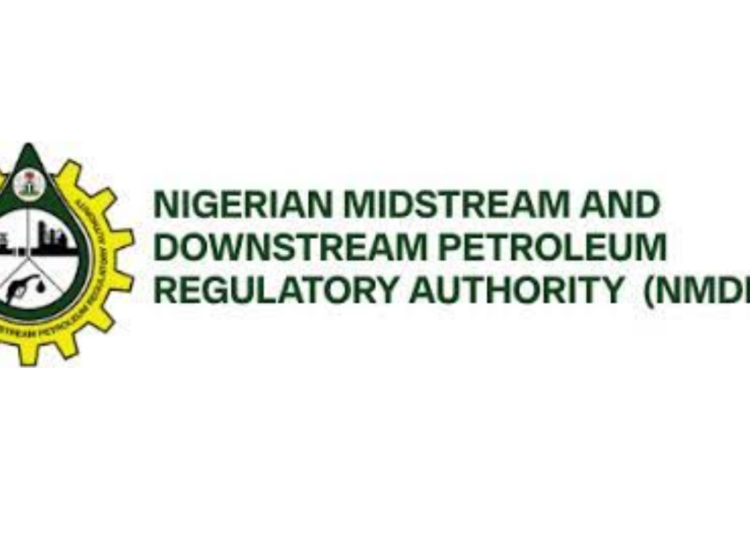Oil and gas regulators in the West African subregion have intensified discussions on trade alliances that cut fuel prices in the region by eliminating costs and sundry barriers related to importation of refined products from Europe.
The discussions which started on Monday continued on Tuesday as regulators and trade groups in the regional petroleum market mounted the policy stage at the ongoing Africa Downstream Energy Week hosted in the 2024 Oil Trading and Logistics (OTL) Expo held in Lagos, Nigeria.
Engr Francis Ogaree who is in charge of market infrastructure at the Nigerian Midstream and Downstream Petroleum Regulatory Authority (NMDPRA), led the talk on behalf of Nigeria and Mr Alex Osho of Waltersmith Refinery; and Dr Mustapha Lamorde of the NMDPRA.
Also, on the debate were the chief executive officer of the National Petroleum Regulatory Authority of Ghana, Dr Hammid Mustapha, who is also the President of the African Refiners and Distributors Association, Mamodou Abib Diop from Senegal; Dolapo Okulaja-Kotun of Ikwe Onna Refinery, NNigeria.
The debate took consideration of the rebound of the refining industry in Nigeria where the 650,000 barrels per day Dangote Refinery has displaced imports in the local market, and where more refining projects, licences and rehab programmes post a future 1.65 million barrels per day refining industry.
The Nigerian National Petroleum Company (NNPC) Limited is working to revive its 445,000 barrels per day capacity spread across three refining plants in Port Harcourt, Warri and Kaduna. BUA is licensed for 200,000 barrels per day green-field refinery project. Waltersmith’s Ibigwe refinery is driving expansion just as Aradel’s Ogbele refinery is also scaling capacity with additional modules.
DuPort Refinery, Edo Refinery, OPAC Refinery and others are also crossing commissioning stages. And the NMDPRA announced earlier on Monday that it has issued additional approvals for modular refinery projects in the country.
With Nigeria’s average domestic demand estimated at about 50 million litres of petrol, it is expected that the emerging Nigerian refinery projects driven by reforms in the local fuel market and strong market incentives will satisfy fuel demands across the West African region.
Thus, delegates from different countries of the continent examined how to forge a common front in closing energy supply deficits in the region by forging alliances that address infrastructure, quality standards and cross border trade.
The chief executive the Nigeria Midstream and Downstream Regulatory Authority (NMDPRA), Engr Farouk Ahmed, had earlier emphasised the role of alliances in optimising the value of petroleum resources in the continent at a time of enhanced energy transition and global drive for sustainable energy.
He said the NMDPRA would champion the development and adoption of a uniform gas transportation code within West and North Africa, considering the progression of the West African Gas Pipeline (WAGP) to Morocco, for effective movement of natural gas within the regions.
“Furthermore, the NMDPRA will explore mechanisms of facilitating the establishment of an association for Energy Regulators within West Africa which may eventually integrate with the existing East African and South African regional regulators association, into a pan African Energy Regulators association for streamlined regulations and policy formulations.
“I am glad to announce that plans are already being finalised to establish the Africa Energy Bank, which shall provide the funds necessary to fast-track the growth of energy supply infrastructure for the continent,” Engr Ahmed told the delegates.
His Ghanaian counterpart, Dr Mustapha Abdul-Hammid of the National Petroleum Authority of Ghana told the panel that forging intra-regional energy alliance has become critical to addressing various economic and development challenges facing West African countries.
He noted that cutting fuel import from Europe would significantly address inflation in the region, pointing out that fuel prices form the strongest inflation trigger as, according to him, fuel prices drive cost of goods, economic activities and services.
According to him, regional energy security would go a long way in addressing insecurity, food shortages, slow development and poverty. These challenges, he observed, have stalled development of Africa and impacted the wellbeing of its citizens.
Dr Abdul-Hammid said the only way to cut fuel cost in Africa is to rely on available refining capacity in the continent, pointing at the rising profile of refinery projects in Nigeria.
The keynote panel on Monday to Session V on Tuesday, analysts examined challenges and bottlenecks that impede free flow of trade across African nations and proffered that strategic collaboration on development of policy, regulation, monetary and infrastructure solutions to efficient flow of energy across borders.
They noted that collaboration and alliances have become critical in ensuring that coastal countries facilitate flow of goods and services to inland nations of the continent. The solution, they pointed out would entail development of cross border infrastructure and facilities, quality standardisation, regulatory uniformity and unique common currency that liberates the region from the influence of the US dollars





